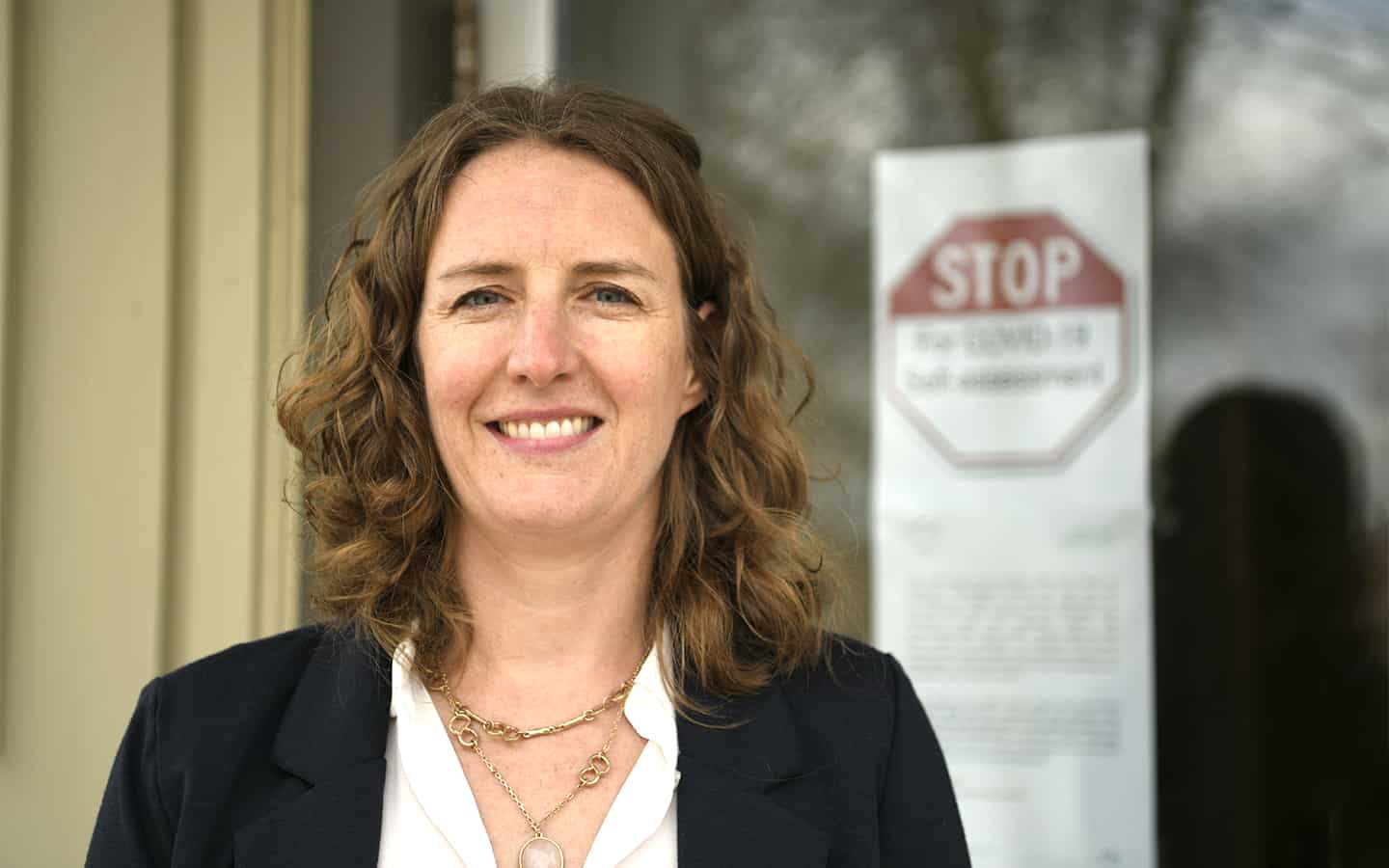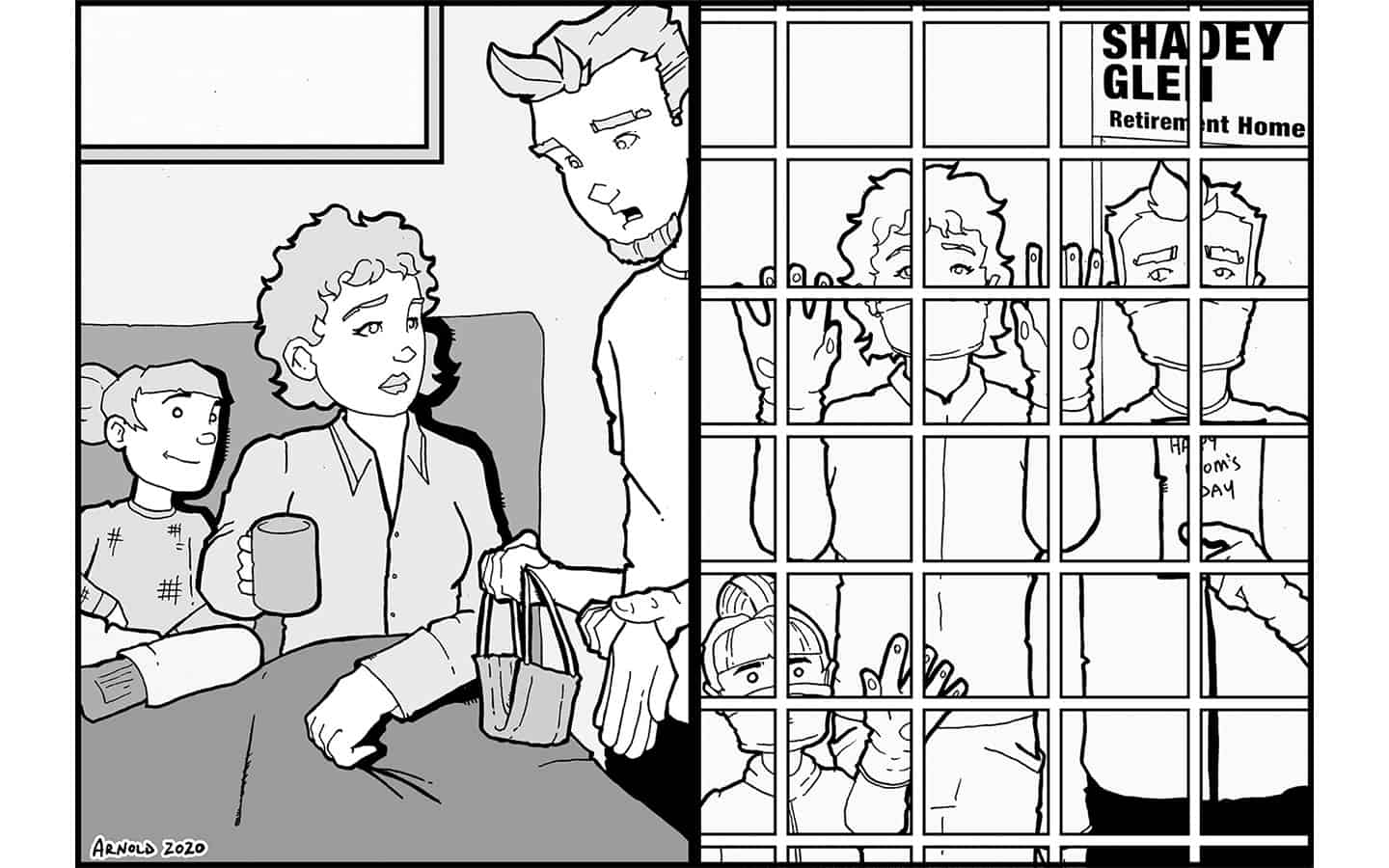Being stuck at home may be more than an inconvenience for some people, as the financial and social stresses, along with the close proximity, may put some of them at increased risk of family violence, say counsellors in the region.
Because of the position many are in during this time, people are facing an abundance of different stressors that can stem from these times of uncertainty. These can include financial pressure, frustration over not being able to conduct normal routines, and even being stuck inside and not being able to get out. No matter what the cause may be, the chance of people experiencing violence remains.
Amanda Wood-Atkinson, executive director of Woolwich Counselling Centre (WCC), says her organization and others within the community are concerned for the wellbeing of people, as the current climate is not something we’ve experienced before.
“Because there’s not as many opportunities for people to be out in the community or connecting with neighbours and friends – or kids to be at school with other kids and teachers – our concern is that there’s an increased risk for families that may be vulnerable otherwise,” said Wood-Atkinson.
There may be situations where an already existing threat of violence could be exacerbated, she noted, adding that how people are coping with the changes could impact mental health.
To help people who may experience some form of violence, Wood-Atkinson says WCC, Woolwich Community Services (WCS) and Women’s Crisis Services of Waterloo Region all have services available for people looking for assistance. However, they may be modified to continue with social and physical distancing.
“We are still connecting with people for phone counselling and video counselling, so people aren’t coming into the centre … but we’ve got phone and video setup for counselling services,” said Wood-Atkinson. “They are still seeing people regularly and we’re still taking new referrals as well. So we do want to raise that awareness for people that we are still here. We’re all still functioning and offering services, just in a different way than we have been in the past.”
She says all organizations also have crisis services in place as well for those who need them.
Jennifer Hutton, CEO of Women’s Crisis Services of Waterloo Region, says since COVID-19 the number of calls has been on a decline as has the number of people going into their shelters. She says this can be attributed to people finding it difficult to reach out while under isolation and is worried because police have reported a rise is calls for domestic violence.
“I think also because there’s so much uncertainty related to the pandemic that women aren’t necessarily making the decision or making the move to come into the shelter they’re just kind of staying put,” said Hutton. “Of course that really worries me of what they’re having to endure in the home, but I think for the most part they’re just not able to reach out and are staying put.”
Last year, the centre saw 462 women and children and received more than 3,400 calls.
Hutton notes people don’t have to go through this alone, with her agency and other community supports available to them. Such services are here to help, so please reach out if you need help, and get some assistance for how to remain safe and get help from the community, she said.
Likewise, friends, neighbours and families should check in on their loved ones and let them know they’re available to provide support.









